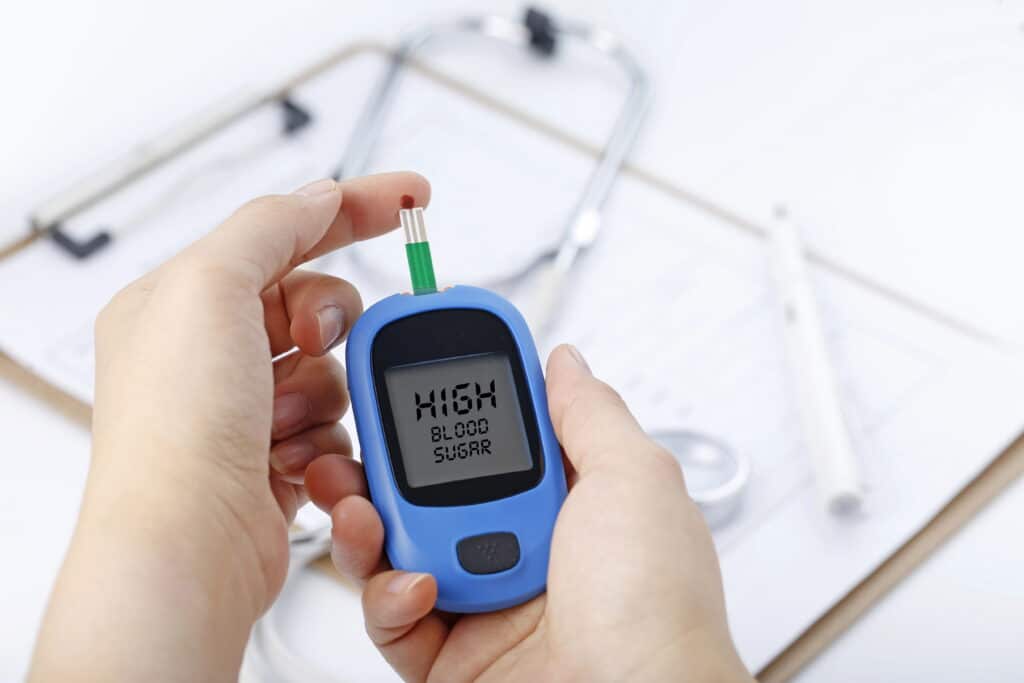Endocrinology, Diabetology, and Metabolism is a specialized department in medicine that focuses on...
Endocrinology, Diabetology, and Metabolism is a specialized department in medicine that focuses on the diagnosis, treatment, and management of endocrine disorders. The endocrine system is a complex network of glands and hormones that regulate various bodily functions such as growth and development, metabolism, and reproductive health.
Endocrine disorders can affect the body's ability to produce hormones, which can lead to various health problems such as diabetes, thyroid disorders, infertility, and growth disorders. Endocrinology Treatment in Dubai is designed to provide patients with the necessary care and support to manage their endocrine disorders effectively.
If you are in Dubai and looking for the Best Endocrinology Treatment, you can visit the German Medical Center. The center has a team of experienced and highly qualified endocrinologists who use advanced technology and treatment methods to diagnose and treat endocrine disorders effectively.
The treatment of endocrine disorders involves a comprehensive approach that includes a thorough medical history, physical examination, and laboratory tests. Endocrinologists use a combination of medication, lifestyle changes, and surgery to manage endocrine disorders.
At the Endocrinology Clinic in Dubai, patients can receive personalized treatment plans that are tailored to their specific needs. The clinic provides a wide range of services, including the management of diabetes, thyroid disorders, adrenal disorders, and pituitary disorders.
The German Medical Center also offers diabetes and endocrine treatment specialists services such as the management of metabolic disorders, which are conditions that affect the body's ability to use and store energy. The center's team of endocrinologists works closely with nutritionists and other healthcare professionals to develop comprehensive treatment plans for patients with metabolic disorders.
In conclusion, the Endocrinology, Diabetology, and Metabolism department is crucial in the diagnosis, treatment, and management of endocrine disorders. If you are in Dubai and looking for the Best Endocrinology Treatment, visit the German Medical Center for expert care and treatment. Take control of your endocrine system treatment today and live a healthier life!
Our team of experts are passionate about providing only the best quality care and treatment to their patients.

Endocrinology Treatment
Gestational Diabetes is a form of diabetes that occurs during pregnancy and affects how the body processes glucose (sugar)....
Thyroid diseases refer to a group of medical conditions that affect the thyroid gland....
Early diabetes treatment is key to preventing complications and managing the condition effectively....
Pituitary and growth disorders are medical conditions that affect the function of the pituitary gland and the process of growth in the human body...





Our customers are at the heart of everything we do, and we are committed to providing them with one of the best possible care and service and that's why platforms like UpTopics publish us in top.

Based on 206 Google Reviews

Partner with:
Partner with:


German Medical Center is one of the leading medical institution in Dubai formed by a group of specialists who are passionate about providing the personalized care tailored to the patient's unique needs.
Fill out our easy online form to book an appointment with German Medical Center. Our team of experts is dedicated to providing you with personalized care and guidance every step of the way. Don't wait, take charge of your well-being and schedule your appointment now!